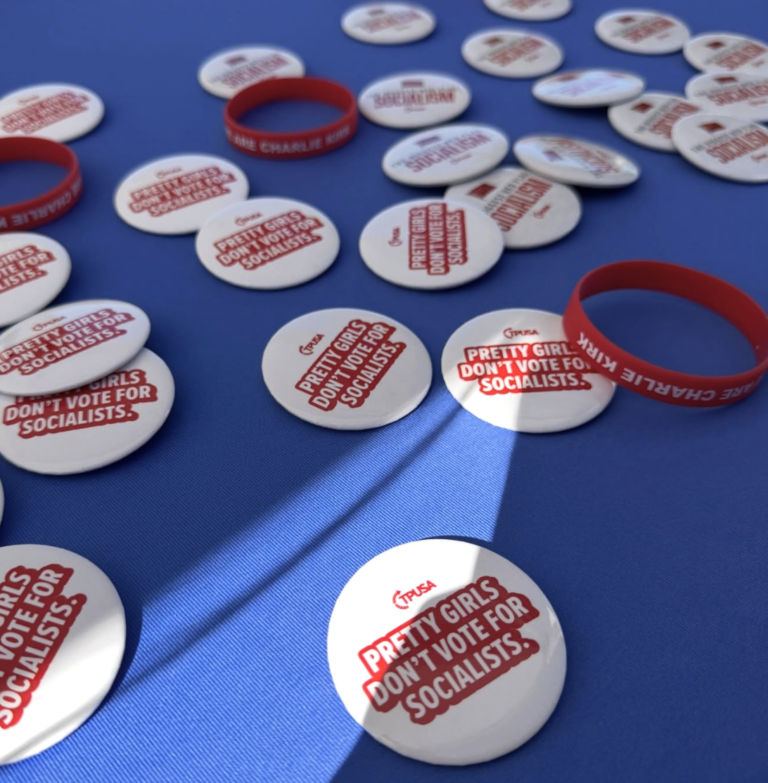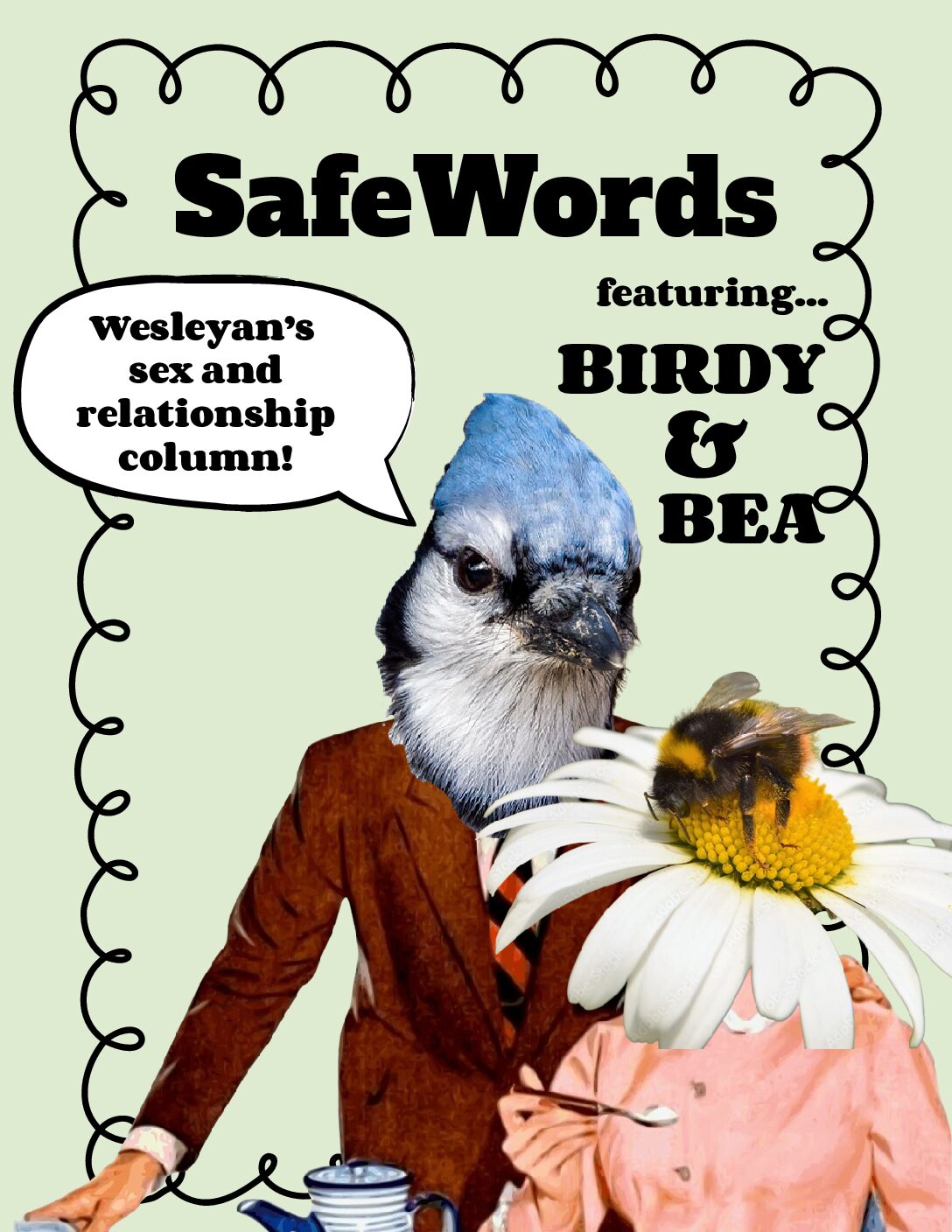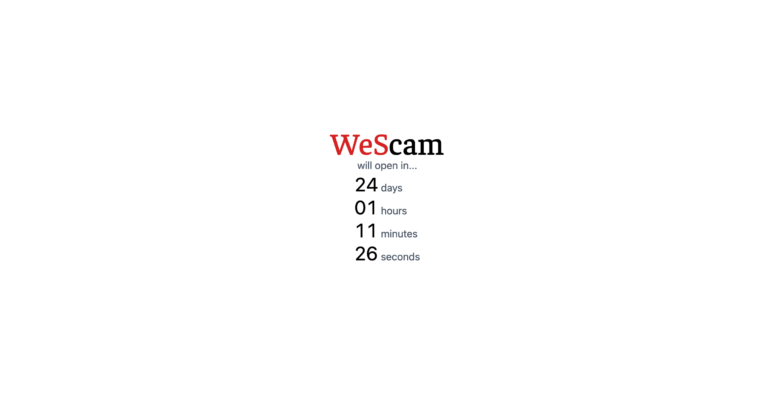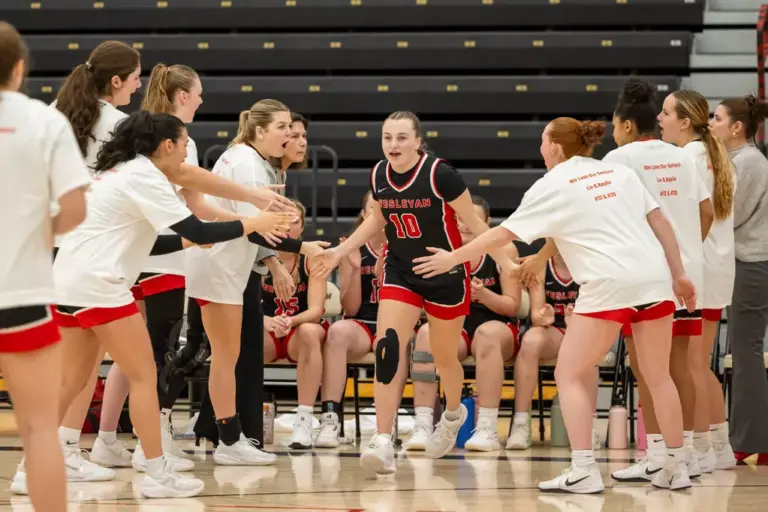The Inevitable Culture Shock
As an international freshman student, sitting in Biology 181 with 31 other students can sometimes be a disorienting experience. It’s not just that the topics we’re discussing aren’t familiar, but for me, at first it was also the shock that for once the students were expected to answer in polysyllabic phrases.
I’m from the Philippines, and the classes there, from pre-school to graduate level, are totally different. In my experience, the teacher asks a direct question, you give a direct answer. Done. Don’t contradict the teacher. Don’t provide more information than what you’re asked.
Here at Wesleyan, it’s a new experience. We’re actually expected to share our personal thoughts, ideas, and opinions on the subject. This I would of expected in an English class, which may be why I’m not taking any English classes this fall. But in Biology?
I know I’m not alone. According to the University profile of the class of 2013, 7 percent of the class is international students who have lived in a different country for at least some part of their lives. I am one of them, and proud of this fact.
I come from the Philippines, a country of 7,107 islands in Southeast Asia. I am from a Chinese-Filipino family, and went to a Chinese school all my life: yet, the Filipino (or “Pinoy” as we call it) customs, traditions, and values have been embedded in me since I was young. Culture shock, the stage of perplexity, puzzlement, and uncertainty of a new and different environment, overcame me when I arrived in America.
During international student orientation (ISO), a seminar was given regarding culture shock. In a way, it was a relief to know that I wasn’t the only one baffled over what to say, how to act, when to speak up, and how to respond to the nuisances of everyday situations. Since the orientation, I’ve learned to “edit” or think about what I want to say first before I actually say it, because I’d rather not offend anyone with my statements.
On a campus as progressive as Wesleyan, my initial bewilderment also stems from this level of activism—how people here are so personally concerned with causes, and how strongly the community believes in its ability to make a difference. I’m also surprised at how open people here can be about a lot of issues not stressed in my country, like environmental concerns.
I know I’m not alone in my experience; international upperclassmen have had similar reactions before, and their advice offers proof that culture shock is something that you can overcome. Huang KuanLin ’12 from Taiwan shared his thoughts.
“People from the West are much more straightforward than people from the East, or specifically Asia, and you should be prepared to adapt to a difference in practices and manners,” KuanLin said.
Elena Georgieva ’12 from Bulgaria had her own recommendations.
“Keep an open mind, which should be a given in any country you go to,” Georgieva said. “Keep yourself busy and always focus on the positive because that would help a lot.”
Both students agreed that getting over the initial stage of culture shock is a step-by-step process, and one that won’t go away immediately.
Before I made the decision to come to Wesleyan for college, I understood the cultural implications fully, and I’m ready to take on whatever curveballs may be thrown my way. I know mistakes will be made, but that’s part of the experience. Not everyone gets to become an international student, and I’m thankful for this opportunity.






This is something new coming from you reese. Great to here you’re adjusting very well. IMY!
such a great work Reese! It’s like an excerpt from a bestselling novel.
Reese, wow! You’re a contributing writing! Can’t help but feel proud of you! 🙂 Keep it up! Take care!